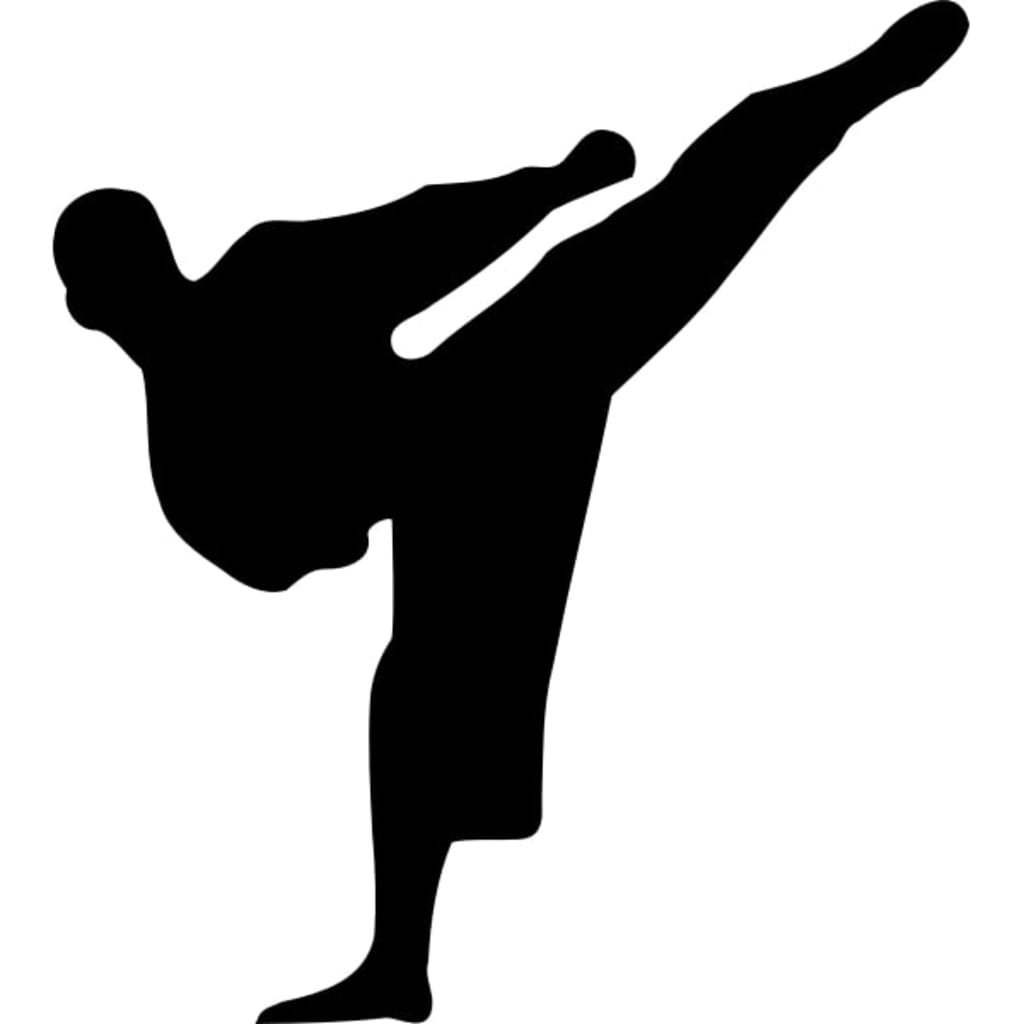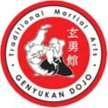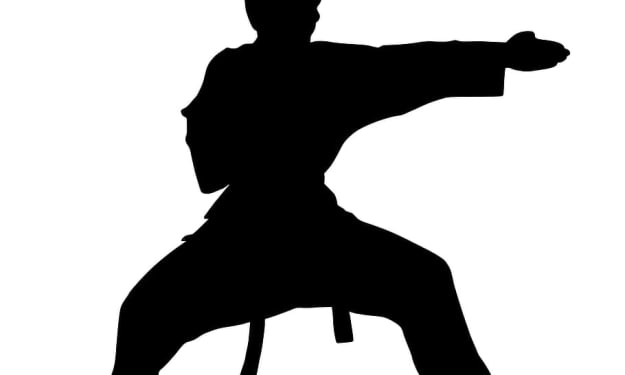Discover the Best Aikido Classes in New York
Genyukan Dojo

Aikido, a Japanese martial art founded by Morihei Ueshiba, emphasizes blending with the energy of an opponent rather than using brute force. It promotes self-defense techniques that allow practitioners to neutralize aggression while maintaining a sense of harmony. If you're keen to embark on a transformative journey of physical and mental growth, enrolling in the best Aikido classes can be a fantastic choice. In this article, we will explore the key aspects of exceptional Aikido classes and provide insights into finding the perfect dojo for your training.
Understanding Aikido:
Aikido is more than just a combat sport; it is a way of life. By practicing Aikido, individuals develop not only physical strength and coordination but also mental discipline, improved focus, and heightened self-awareness. The art incorporates fluid movements, circular techniques, joint locks, and throws to redirect an attacker's energy without causing harm. Through consistent practice, students learn to harmonize with their opponents, defusing confrontations with minimal aggression.
Qualities of the Best Aikido Classes:
Qualified and Experienced Instructors: The hallmark of any top-tier Aikido class is a team of skilled instructors who possess extensive knowledge and experience in the art. Look for instructors with reputable Aikido credentials, higher dan ranks, and a strong lineage to ensure you receive proper guidance and mentorship.
Safe and Supportive Training Environment: Aikido involves physical interaction and partner work, making a safe and supportive training environment crucial. The best Aikido classes prioritize the well-being of their students, ensuring appropriate warm-ups, controlled techniques, and a focus on injury prevention. Look for dojos that foster a culture of respect, inclusivity, and camaraderie among practitioners.
Comprehensive Curriculum: A well-rounded Aikido class offers a comprehensive curriculum that covers all aspects of the art. This includes basic stances, techniques, ukemi (breakfalling), body movement, weapon training (such as jo and bokken), and philosophical principles underlying Aikido. A diverse curriculum allows students to progress at their own pace and explore different facets of the art.
Individualized Instruction: While group training is essential, personalized attention is equally important for a student's progress. Look for Aikido classes where instructors take the time to provide individualized feedback, correction, and guidance to ensure each student's growth and understanding.
Regular Practice and Progression Opportunities: Consistent practice is the key to mastering any martial art. The best Aikido classes offer a regular schedule of training sessions to provide students with ample opportunities to refine their skills. Look for dojos that also organize seminars, workshops, and grading examinations, allowing students to track their progress and advance through the various belt ranks.
Integration of Mind-Body Connection: Aikido's holistic approach incorporates mental and spiritual development alongside physical techniques. Exceptional Aikido classes emphasize the cultivation of mental focus, mindfulness, and emotional balance. The integration of meditation, breathing exercises, and philosophical teachings helps students deepen their understanding of Aikido's principles.
Finding the Best Aikido Classes:
To find the best Aikido classes in your area, consider the following steps:
• Research and Referrals: Conduct thorough research online, read reviews, and seek recommendations from local martial arts communities. Word-of-mouth referrals can provide valuable insights into the reputation and quality of various dojos.
• Visit the Dojos: Plan visits to the Aikido dojos you are interested in. Observe ongoing classes to get a sense of the teaching style, student-teacher interactions, and overall atmosphere. Pay attention to the behavior and progress of existing students.
• Speak with Instructors and Students: Take the opportunity to speak with the instructors, expressing your interest and goals. Inquire about their teaching methodology, experience, and the curriculum they offer. Additionally, speak with current students to understand their experiences and satisfaction levels.
• Trial Classes: Most reputable Aikido dojos offer trial classes or introductory programs. Participate in these sessions to experience the teaching style firsthand and gauge your compatibility with the dojo's environment and instruction.
• Consider Logistics: Assess the logistical factors such as location, class schedules, and fees to ensure they align with your availability and budget. Convenient access to the dojo and consistent training opportunities are essential for long-term commitment and progress.
Things to consider while selecting best Aikido Classes in New York
When selecting the best Aikido classes in New York, there are several important factors to consider. Here are some key aspects to keep in mind before making your decision:
• Location and Accessibility: Consider the location of the Aikido dojo and how easily you can access it. Choose a dojo that is conveniently located in proximity to your home, workplace, or educational institution. This will make it easier for you to attend classes regularly and maintain consistency in your training.
• Reputation and Credentials: Research the reputation and credentials of the Aikido classes you are considering. Look for dojos with experienced and well-respected instructors who have a strong lineage and reputable affiliations. A dojo with a good reputation is more likely to provide high-quality training and follow ethical practices.
• Instructor Qualifications: Ensure that the instructors leading the Aikido classes have the necessary qualifications and experience. Check if they hold black belt ranks and have received training from reputable Aikido organizations or renowned teachers. Experienced instructors can offer valuable insights and guidance to help you progress in your Aikido journey.
• Teaching Style and Philosophy: Each Aikido instructor may have a unique teaching style and philosophy. Take the time to understand their approach and determine if it aligns with your goals and learning preferences. Some instructors may emphasize the spiritual aspects of Aikido, while others may focus more on practical self-defense techniques. Choose a dojo that resonates with your interests and aspirations.
• Class Structure and Curriculum: Inquire about the class structure and curriculum of the Aikido classes. A well-structured program should cover various aspects of Aikido, including basic techniques, ukemi (break falling), body movement, and weapon training. Additionally, ask if they offer separate classes for different skill levels or age groups to ensure personalized instruction.
• Class Size and Student-Teacher Ratio: Consider the class size and student-teacher ratio in the Aikido classes. Smaller class sizes allow for more individualized attention, feedback, and correction from the instructors. This can greatly enhance your learning experience and progression.
• Trial Classes and Observation: Many Aikido dojos offer trial classes or allow prospective students to observe ongoing sessions. Take advantage of these opportunities to participate or observe and get a firsthand experience of the teaching style, training atmosphere, and interaction between instructors and students. This will help you assess if the dojo is a good fit for you.
• Facilities and Equipment: Visit the dojo and evaluate the facilities and equipment. Check if the training area is clean, well-maintained, and adequately equipped with mats for safe practice. Additionally, inquire about the availability of changing rooms, showers, and other amenities that may be important to you.
• Class Schedule and Flexibility: Consider the class schedule and ensure it aligns with your availability. Look for Aikido classes that offer a range of time slots throughout the week to accommodate your schedule. Some dojos may also provide flexibility in attendance, allowing you to make up missed classes or attend additional sessions.
• Cost and Financial Considerations: Evaluate the cost of the Aikido classes and determine if it fits within your budget. In addition to monthly fees, inquire about any additional expenses such as membership fees, grading fees, or equipment costs. It's important to have a clear understanding of the financial commitment required before making a decision.
By considering these factors, you can make an informed choice when selecting the best Aikido classes in New York. Remember to prioritize your personal goals, preferences, and comfort level to find a dojo that suits your needs and supports your Aikido journey effectively.
Conclusion:
Embarking on an Aikido journey can be a life-changing experience. By enrolling in the best Aikido classes, you gain access to expert instruction, a supportive community, and a comprehensive curriculum. Remember to prioritize safety, qualified instructors, a nurturing training environment, and opportunities for personal growth when selecting an Aikido dojo. With dedication and the right guidance, you can unlock the transformative benefits of Aikido while mastering the art of harmonious martial arts.
About the Creator
Genyukan Dojo
Martial Arts School in Rego Park
Website: https://www.genyukandojo.com/






Comments
Genyukan Dojo is not accepting comments at the moment
Want to show your support? Send them a one-off tip.